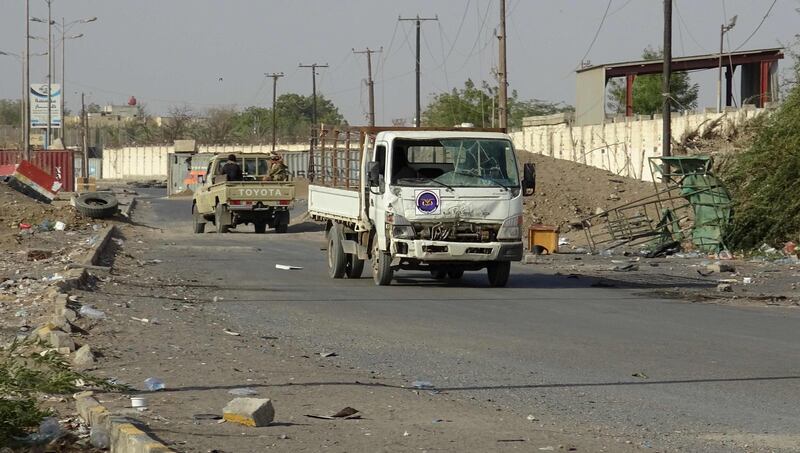Saudi Arabia on Monday rebuked the US Senate for its resolutions about the war in Yemen and the murder of journalist Jamal Khashoggi, warning that the "interference" could hurt its strategic ties with Washington.
The Republican-controlled Senate voted on Thursday to end US military support for the Saudi-led Arab coalition's war against the Houthi rebels and, separately, to accuse Crown Prince Mohammed bin Salman of responsibility for Khashoggi's killing.
This largely symbolic vote dealt a fresh warning to President Donald Trump, who has staunchly backed the Saudi government.
"The kingdom condemns the latest position of the US Senate that was based on unsubstantiated allegations and rejects the blatant interference in its internal affairs," the Saudi foreign ministry said.
On the Yemen measure, which more broadly attacks the president's prerogative to launch military action, 49 Democrats and their allies voted in favour, along with seven Republicans, while another three Republicans abstained.
Senators also approved a resolution which condemned the murder of Khashoggi in Saudi Arabia's Istanbul consulate in October, accusing the crown prince of being responsible.
The Saudi ministry warned that the kingdom would not tolerate any "disrespect" of its rulers.
"This position by the US Senate sends the wrong messages to all those who want to cause a rift in [the] Saudi-US relationship," the ministry said.
"The kingdom hopes that it is not drawn into domestic political debates in the US to avoid any... significant negative impact on this important strategic relationship."
_______________
Read more:
Observers fear Hodeidah deal may not lead to end of Yemen's war
Yemen demands UN takes tough stance with Houthis on Stockholm agreement
Saudis reject extraditions to Turkey over Khashoggi murder
_______________
A day after the Senate vote, US Secretary of State Mike Pompeo again defended Washington's ties with Saudi Arabia on national security grounds, saying the kingdom was a bulwark against common foe Iran.
The Senate resolution acknowledged that US-Saudi ties were "important" but called on Riyadh to "moderate its increasingly erratic foreign policy".
The resolutions cannot be debated in the House of Representatives before January, and would likely be vetoed in any case by Mr Trump.
But the Senate votes send a strong message to the White House about anger on both sides of the aisle towards Riyadh.

Khashoggi, a Saudi contributor to the Washington Post, was killed on October 2 in what Riyadh called a "rogue" operation.
In the aftermath, nearly 20 Saudi nationals were sanctioned by countries including the US, France and Canada.
UN chief Antonio Guterres on Sunday called for a "credible" investigation into the murder.
Anger at the human cost of the war in Yemen has also prompted a harder line in Congress about the US military's role in backing Saudi-led coalition strikes against Houthi rebels.
Since the coalition launched its campaign in 2015, the conflict has killed nearly 10,000 people, according to the World Health Organisation. But some rights groups believe the toll to be far higher.





